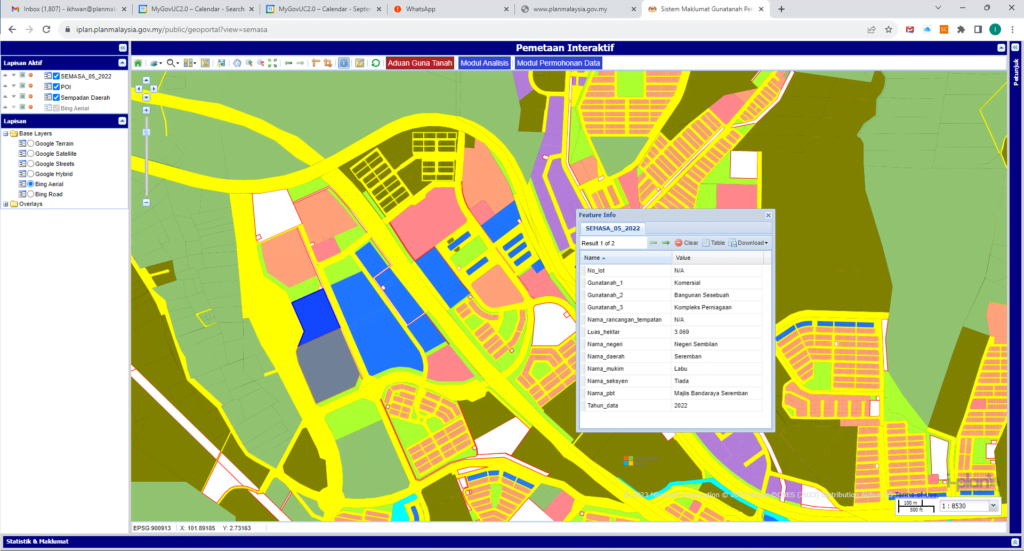In Malaysia, construction regulations are in place to ensure safety, compliance, and sustainability in the construction sector. The Malaysia Construction Regulations cover various aspects such as zoning laws, permit acquisition, environmental impact assessments, and contractor licensing. Following these rules is critical for the success of any construction project in the country. Let’s break down the key elements of these regulations.
Zoning Laws and Land Use

In Malaysia, zoning laws are governed by the Town and Country Planning Act 1976 (Act 172). These laws divide land into zones—residential, commercial, industrial, and agricultural—and dictate what type of construction can happen in each area. This ensures that developments are suitable for their locations. For example, a factory can’t be built in a residential area.
Some zoning regulations may require developers to include community amenities or green spaces within their projects. While these features can enhance property value, they also add to the initial development costs. Developers must factor in these expenses when budgeting for new projects .
Zoning laws also play a big role in project feasibility. According to a report from Hartamas Real Estate, 60% of developers experience delays due to zoning issues. This means that before starting a project, developers need to make sure their plans align with the designated land use, or they could face costly setbacks. Understanding these regulations early can prevent unnecessary delays.
Permit Acquisition Process
Getting a permit is a critical step in every project that follows Malaysia Construction Regulations. Depending on the size and complexity of the project, securing permits can take anywhere between 30 to 90 days. Developers must submit detailed plans that follow local laws, such as zoning regulations and building codes.
Since the permit process can be slow, it is vital for developers to be well-prepared. Delays in obtaining permits often result in extended project timelines and increased costs. Proper planning can help avoid these issues and keep the project on schedule.
Environmental Compliance Requirements
Malaysia is committed to environmental protection, and construction projects must comply with the Environmental Quality Act 1974. This law requires an Environmental Impact Assessment (EIA) for certain large or sensitive projects. The EIA assesses the potential environmental damage the project might cause, such as air and water pollution.
However, getting EIA approval can take 3 to 6 months, depending on the complexity of the project and how quickly regulatory bodies respond. While this can slow down construction, it’s important for sustainable development and reducing long-term environmental harm. Complying with environmental laws early in the planning phase is crucial for avoiding major delays later on.
Building Code Compliance: Malaysia Construction Regulations
In Malaysia, building safety is regulated by the Uniform Building By-Laws (UBBL) 1984. These rules ensure that buildings meet minimum safety standards, covering everything from fire safety to structural stability. Every building project must follow these guidelines to avoid accidents and ensure the safety of occupants.
Adhering to the UBBL is essential for minimizing risks like structural failures. It is one of the key Malaysia Construction Regulations that all construction teams must understand thoroughly before starting a project.
Contractor Licensing Requirements
Contractors working in Malaysia must have a license issued by the Construction Industry Development Board (CIDB). To get this license, contractors must prove their financial stability and technical ability. This licensing system ensures that only qualified contractors can operate in the country.
In 2021, 30% of new licenses were issued to foreign contractors, showing that Malaysia is open to international expertise. However, foreign contractors must also meet the same high standards as local ones, which can be a challenge.
Understanding and complying with Malaysia Construction Regulations is crucial for any successful project. From zoning laws to environmental assessments and building codes, each regulation plays a vital role in ensuring safety, sustainability, and project efficiency. Delays due to regulatory issues can be costly, so developers should always be well-prepared. By following these guidelines, construction projects can proceed smoothly and contribute to the country’s development.

